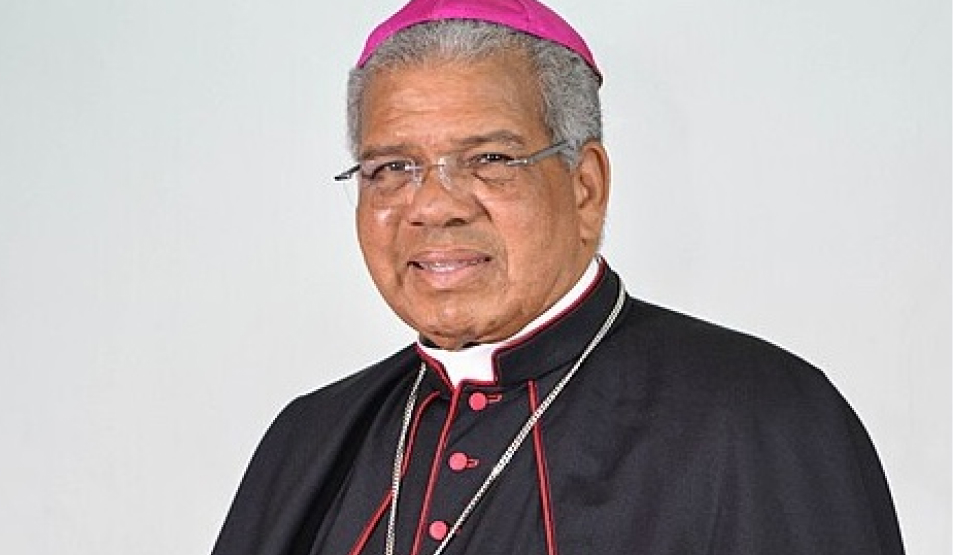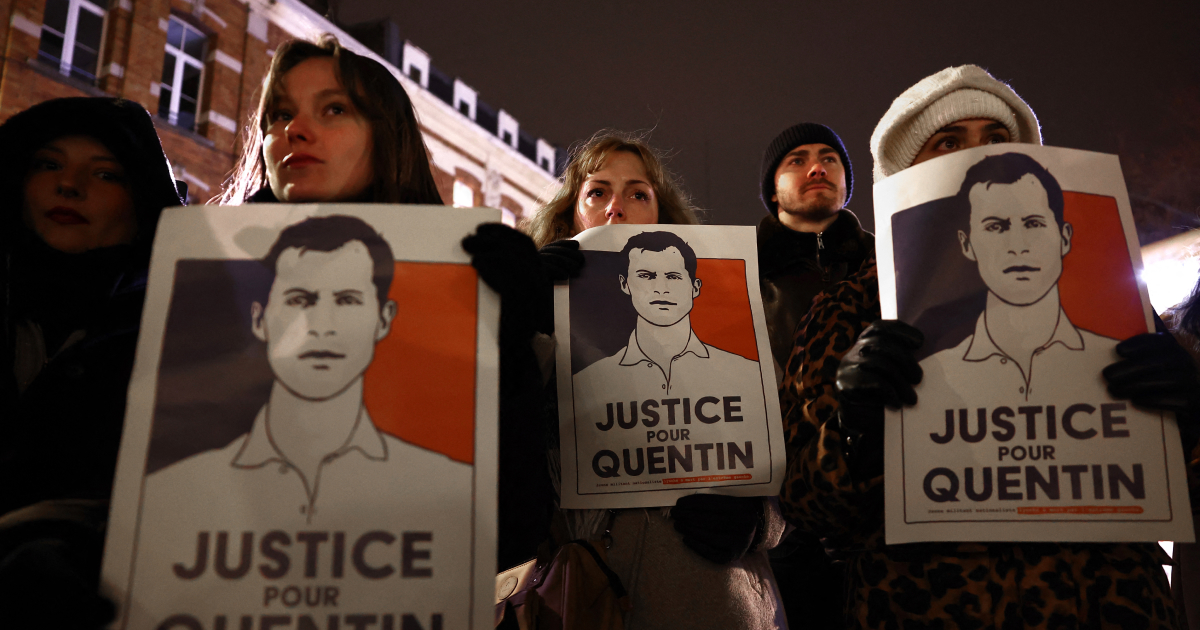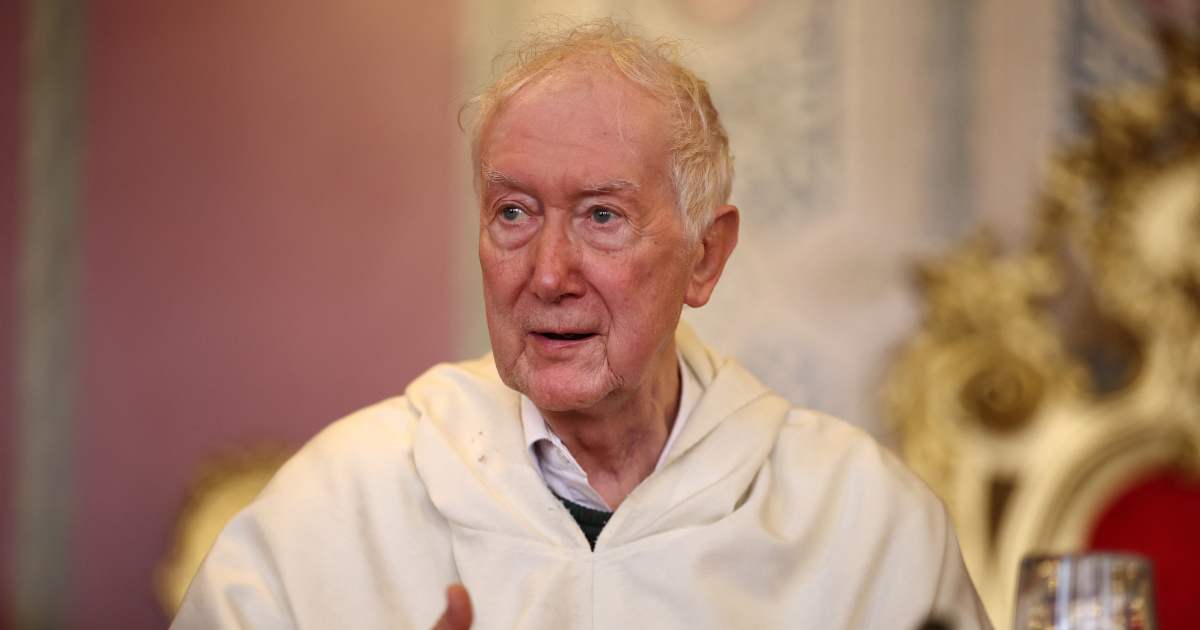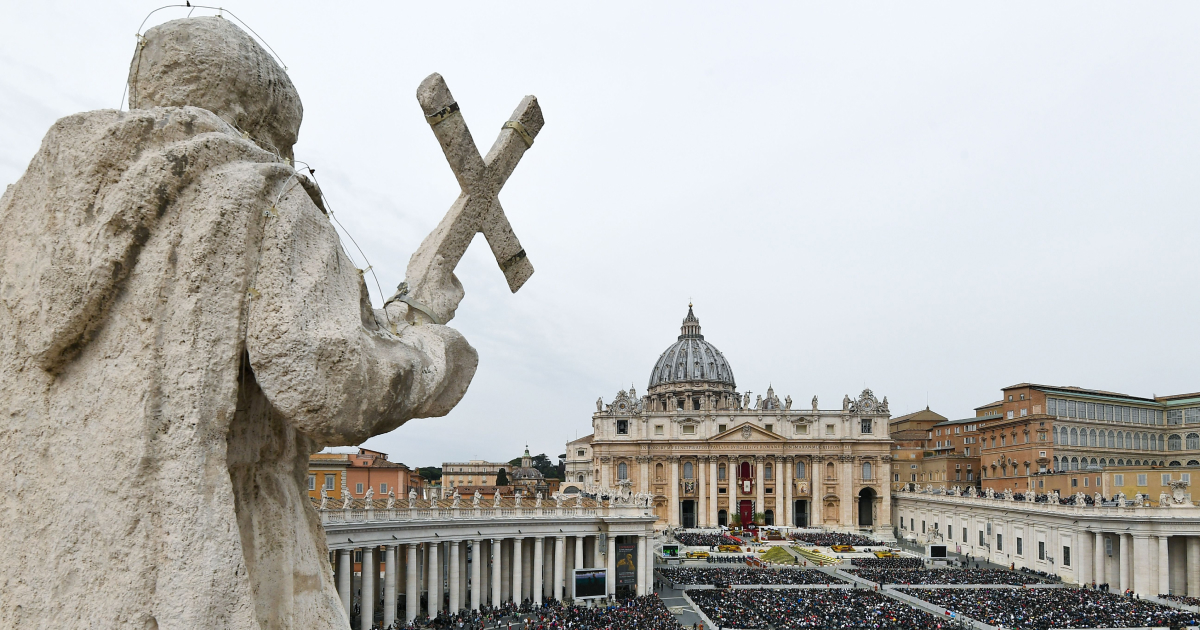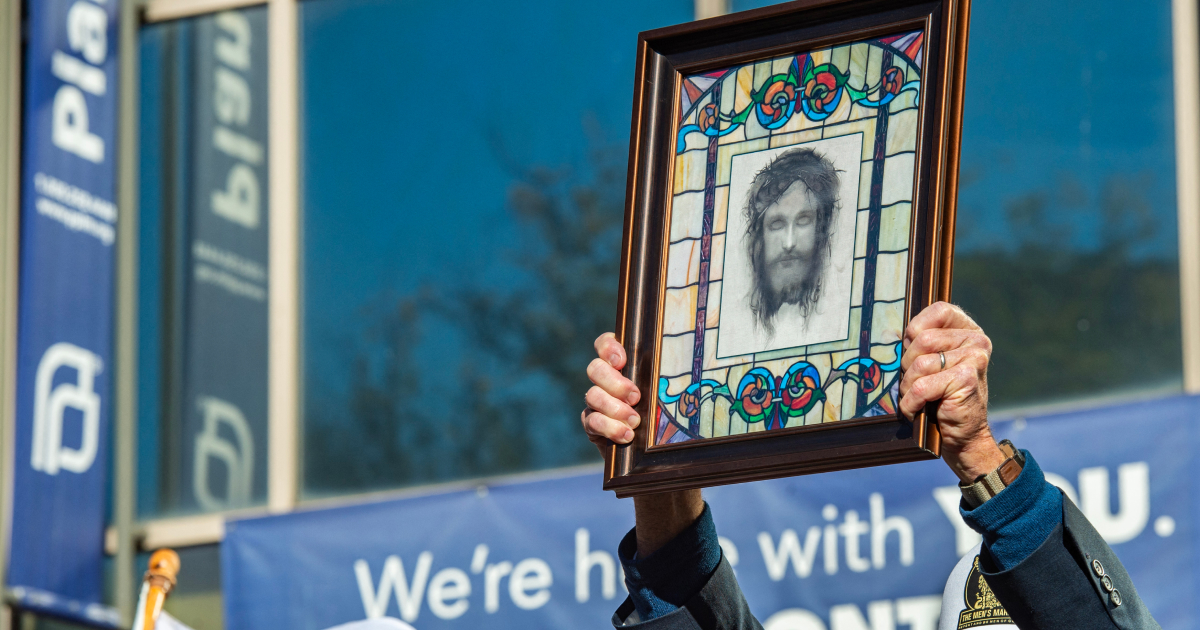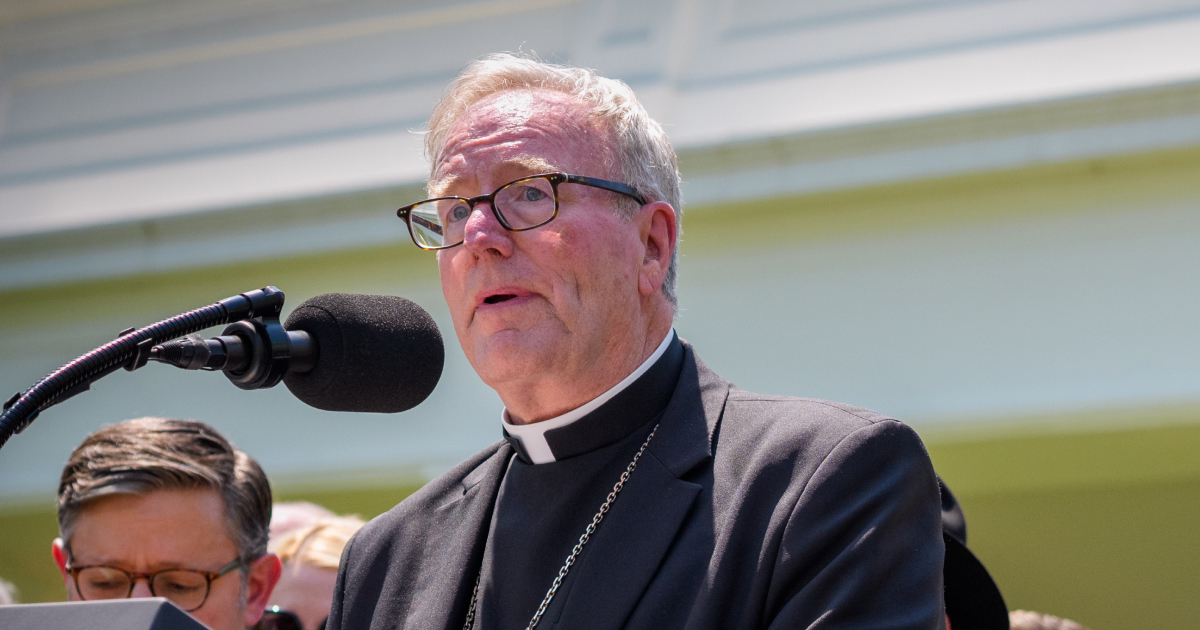Pope Leo XIV has removed Archbishop Francisco Ozoria from all administrative and financial responsibilities of the Archdiocese of Santo Domingo.
In a letter made public this week to local media, the archbishop revealed that the newly installed coadjutor, Archbishop Carlos Tomás Morel Diplán, “has special powers exclusively for the administration of diocesan assets, for economic and financial matters and for the management of the clergy and church personnel”, while he himself has been left with “only the title of Metropolitan Archbishop of Santo Domingo”.
Archbishop Ozoria explained that he had requested a coadjutor himself, “to ensure a smooth transition in the two years before my retirement”, but expressed surprise that the arrangement meant he was stripped of real governing power.
He noted that he had been suspended for “mismanagement”, a charge which he says he was never informed about in advance, adding, “I was never admonished or warned.” He recalls that the only conversation he can point to is a courtesy visit by the Prefect of the Dicastery for Bishops, Cardinal Marc Ouellet, who alluded to “certain accusations” against him.
Despite the sudden nature of the move, the archbishop declared that he accepted the decision “in obedience”, committing himself to service to the Church.
The apostolic letter entrusting Archbishop Diplán with full control of the economic and personnel affairs of the archdiocese signals a sharp intervention by the Holy See.
While Archbishop Ozoria retains the ceremonial title, the shift of practical authority to the coadjutor is a strong act of oversight. Canonically, a coadjutor is appointed to assist an incumbent and typically has the right of automatic succession, yet his being granted outright control of diocesan assets and personnel while the metropolitan remains largely sidelined is unusual.
The move raises immediate questions about governance, transparency and accountability within the local Church in the Dominican Republic.
The Archdiocese of Santo Domingo, based in the capital of the Dominican Republic in the Caribbean, is recognised as one of the oldest dioceses in the Americas and has long held an important place in the life of the Church accross the region.
The Vatican has intervened in the governance of major dioceses in the region before, particularly when questions have arisen over administration or leadership.
With Archbishop Carlos Tomás Morel Diplán now directing the administrative and financial affairs, attention is likely to turn to how the transition unfolds in the months ahead under his guidance across the Archdiocese of Santo Domingo.
Archbishop Ozoria has made clear that he will step back from governance while remaining in his post, stressing his long service and loyalty to the Church.
“I owe myself to the Church, I love the Church, and I obey the Church,” he said.
Photo: Archbishop Francisco Ozoria (image from arquidiocesisd.org)





